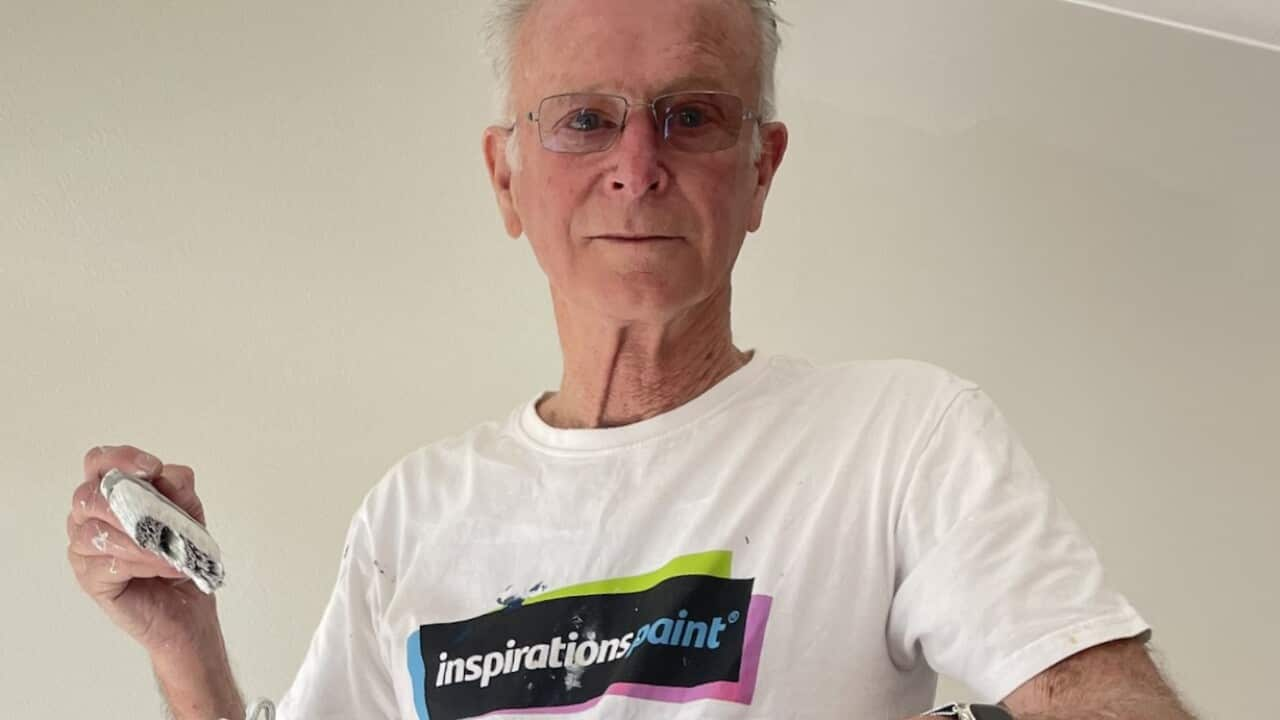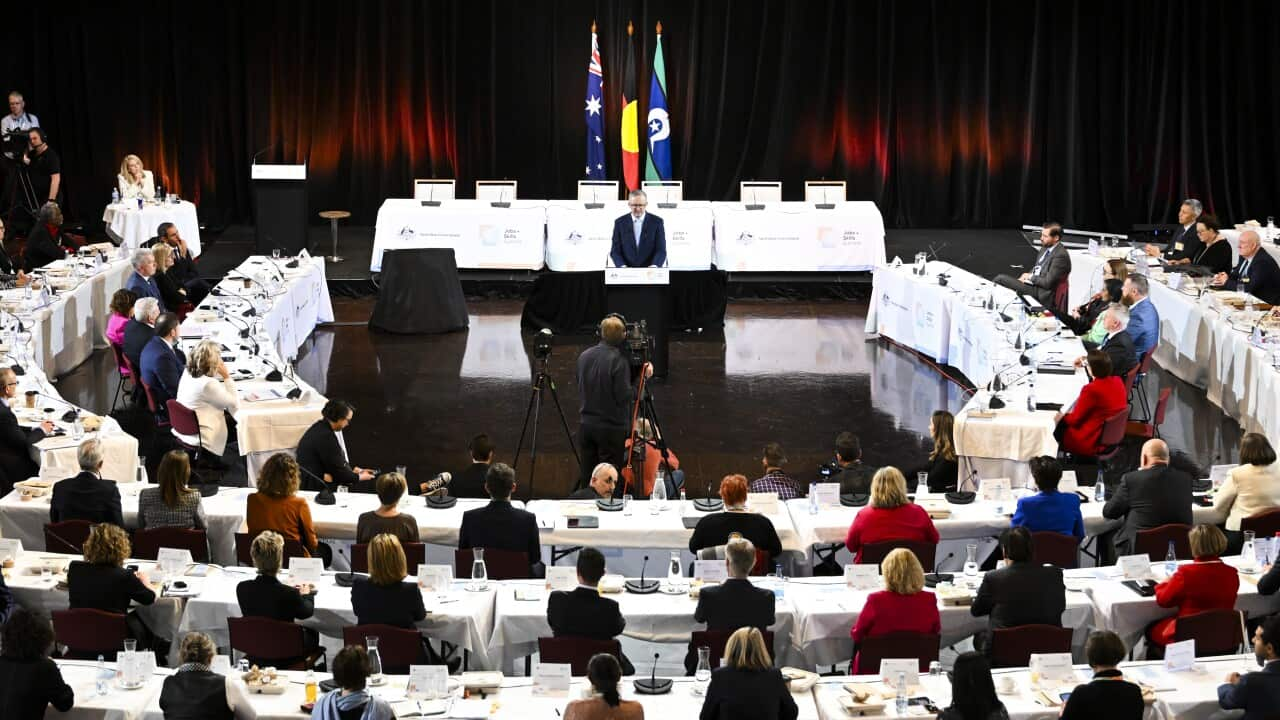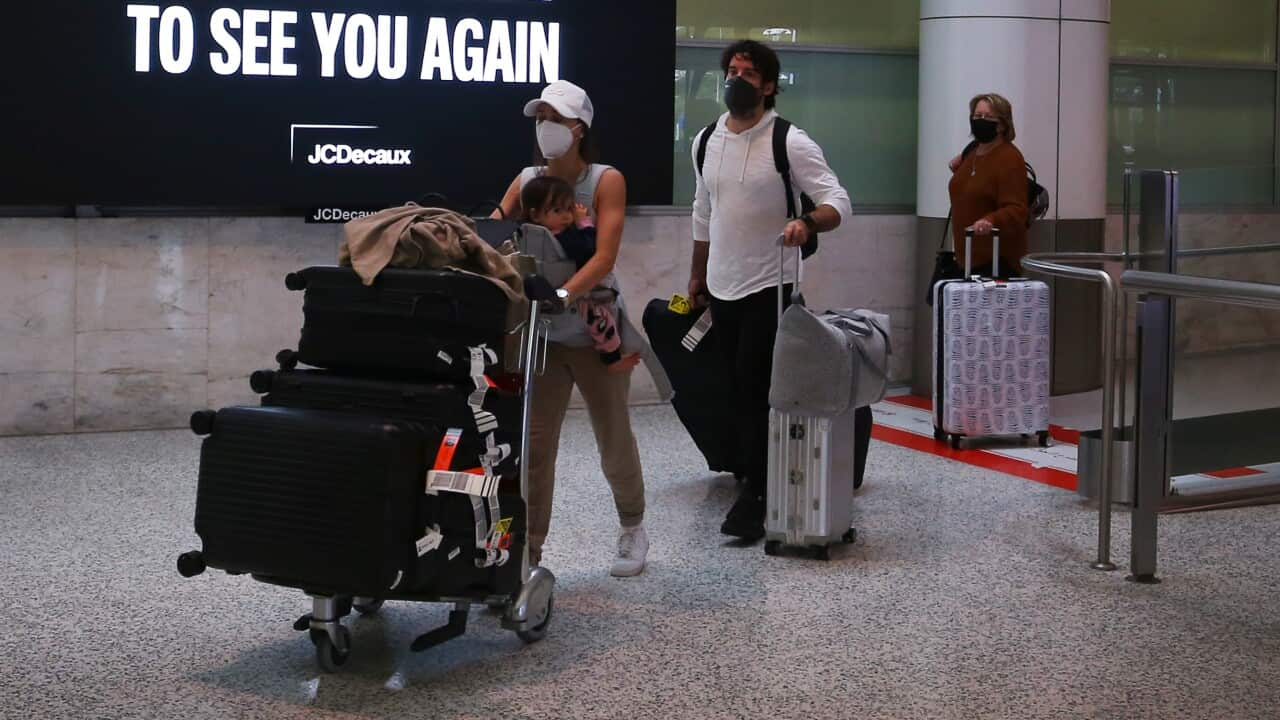One of the hardest-hit sectors from the pandemic has called on the government to help fill a widening workforce shortage following a rise in the country's migration cap.
Aged care peak bodies have called for more skilled migrants to be able to work in the sector, with an estimated 60,000 vacancies in the sector alone.
A study by Catholic Health Australia found of the 60,000 vacancies, 45,000 are qualified aged care workers.
It came as the government announced at the jobs and skills summit in Canberra that it would increase the annual cap on skilled migration to 195,000 places.
Peak bodies Catholic Health Australia, Uniting NSW and ACT as well as UnitingCare Australia have said an urgent increase is needed for skilled workers in aged care, which had been affected by the pandemic.
Catholic Health Australia chief executive Pat Garcia skilled migrants would help alleviate the workforce crisis.
"Adding personal care workers to the skilled migration list could really help plug the gap in the aged care workforce," he said.
"When there are almost 60,000 vacancies in aged care right now this is something that government can do and do it quickly."
Uniting NSW and ACT senior services director Saviour Buhagiar said there was a 10 per cent vacancy rate across operations, with 1000 of them being in aged care alone.
LISTEN TO

Multilingual migrant aged care workers missing
SBS News
07/02/202202:56
"After the work our people have done during the pandemic to keep seniors safe, we cannot keep asking them to work double shifts and struggle to fill rosters," he said.
"We need the boost to our workforce that including personal care workers in the migration list will deliver."
It comes as national cabinet agreed this week to reduce the isolation period for COVID-19 positive cases from seven to five days to allow employees to be able to return to work sooner.
However, health experts say it's too soon for the country to treat COVID-19 like other infectious diseases such as the flu.
Prime Minister Anthony Albanese defended the lowering the isolation time, saying it was a necessary measure.
The Australian Medical Association called on the government to release the health advice behind the national cabinet decision.












